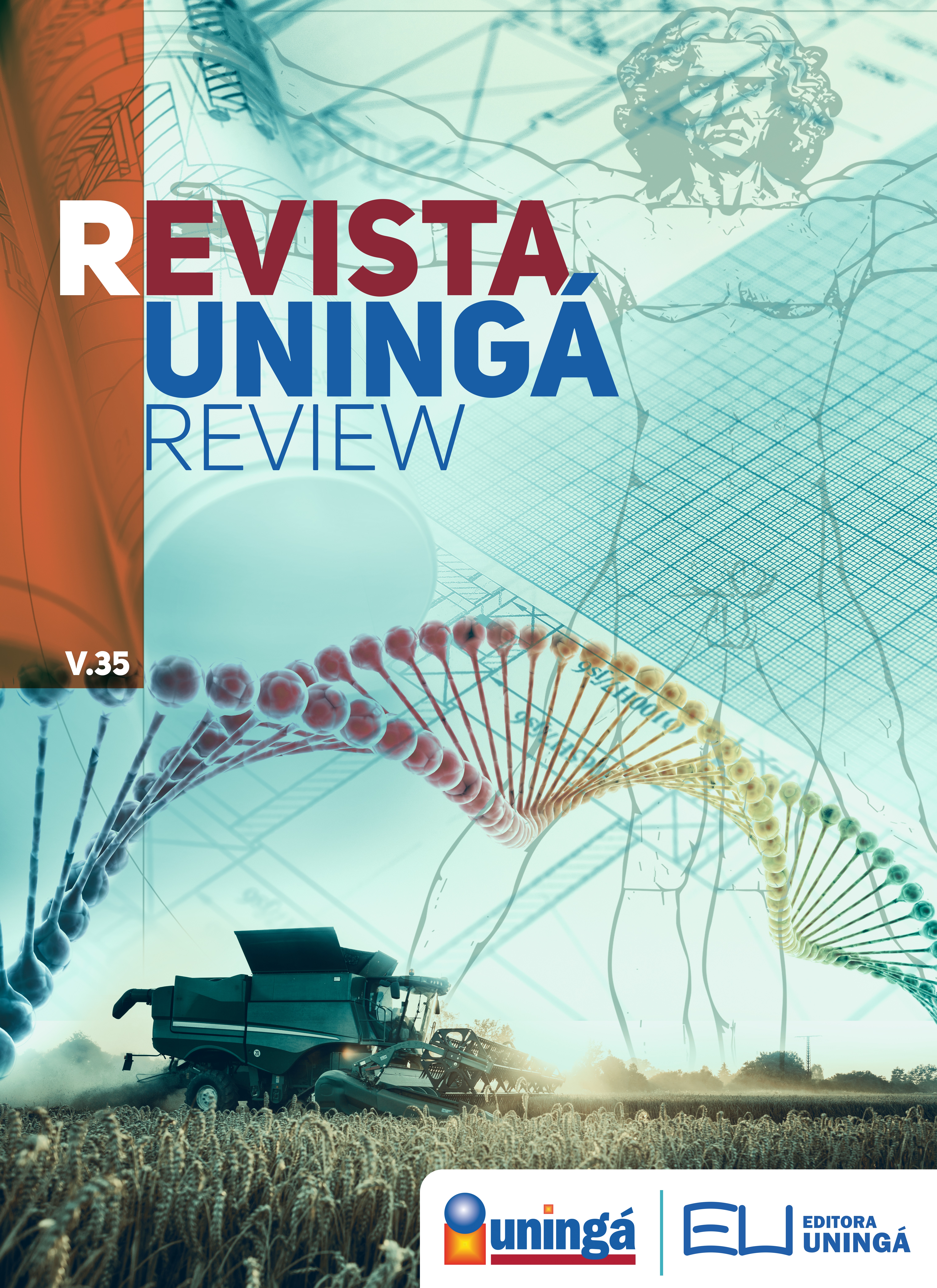Potential radish for biodiesel: oil extraction and production of esters
DOI:
https://doi.org/10.46311/2178-2571.35.eURJ2872Keywords:
Biodiesel, Non-edible oils, RadishAbstract
The application of non-edible raw materials for the production of biodiesel is an alternative to reduce costs and possible depletion of food from the application of edible oilseeds that are generally applied. For this reason, the production of biodiesel from the radish seed oil is interesting. The radish (Raphanus sativus L.) seed oil is considered non-edible due to the high content of erucic acid and has favorable characteristics for such purpose, such as high oil content, adequate composition in fatty acids and other physico-chemical characteristics. Technologies for oil extraction and ester production are addressed as resources that can sustain the production of biodiesel from inedible oils, reducing inputs and energy costs. Therefore, the objective of this work is to review the potential of the radish seed oil for biodiesel production and process intensification technologies.
Downloads
Downloads
Published
How to Cite
Issue
Section
License
Copyright (c) 2020 REVISTA UNINGÁ REVIEW

This work is licensed under a Creative Commons Attribution 4.0 International License.
I declare/we declare that the text submitted here is original, of my own authorship and does not infringe any type of third party rights. The content is my/our sole responsibility. Possible research involving animals and/or human beings is in accordance with Resolution 196/96 of the National Health Council and its complements. I declare that I am/we are in possession of the written consent of patients and that the research and its procedures were timely and adequately approved by the Ethics Committee of the institution of origin. We further declare that all institutional affiliations and all sources of financial support for the work are duly informed. I certify that there is no commercial or associative interest that represents a conflict of interest related to the submitted work. If there is commercial interest, in addition to the technical and academic ones, in the publication of the article, the information will be reported during the text.







































